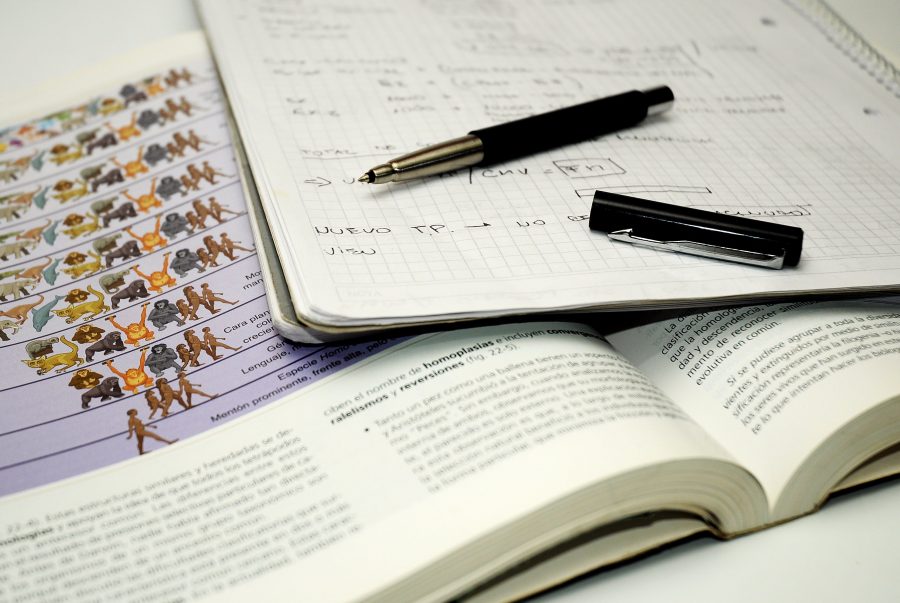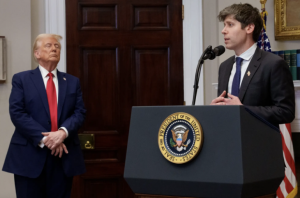Stemming from our hearts
November 9, 2016
“If you want to be rich, don’t be an English major.”
“English? Wow, what can you do with that? Be a teacher?”
Don’t get me wrong. This isn’t a defense on English—or any of the humanities for that matter. These are a few of the common questions floating around, involving a discipline of the humanities. It’s a treatise for collaboration. Collaboration between whom? Well, the humanities and sciences of course.
For too long we’ve been this or that. Either or neither. Into or out of. Belonging to or separate from. Yes, I’m talking about the age-old debate that has rocked the bedrock of the western world for countless centuries, an argument that has pitted scholars against one another and divided pathos and logos in one of the greatest schisms ever to permeate our society —science versus the humanities. There is a neglectful truth on either side of the battlefield that both oppositions negate: Science or the humanities, we are still human either way.
I declared as a Biology major, switched to Kinesiology and then to English. My third year as an English major, I realized something – I love biology. I love it with a passion, an undying, relentless passion. That is my folly. I loved biology so much that I was afraid of it. I was afraid of letting it down when I was younger and more immature. I ran away from it and found love and understanding in the arms of English. And with love and understanding, came nurturance and with English, I developed the maturity, confidence and drive to understand what it is I wanted to do in life.
This understanding stems from studying the humanities and its human condition—what it means to be human, what it means to have desires, passions, hopes and dreams. That’s something the humanities teaches that science doesn’t even begin to scratching the surface of. Science uncovers the structure. The structure is held on the shoulders of human beings. And now I’m an English major, minoring in Anthropology and Biology.
I want to find and tap into the genomic structure of not just humans, but all living things. The ability to regenerate tissues, keep telomeres from shortening, prevent excessive oxidative stress and inflammation and successful lysosomic autophagy – these are all essential to a long, healthy and extended life. Yes, I want people to live forever, literally and through literature. I don’t just want to give them breath, but breathless moments forever. I want to be a scientist and a scholar of the humanities but most importantly, I want to be human. Et immortalitatis sit creatura; et immortalitatis sit creatura–Let creation be immortality; let immortality be creation.







